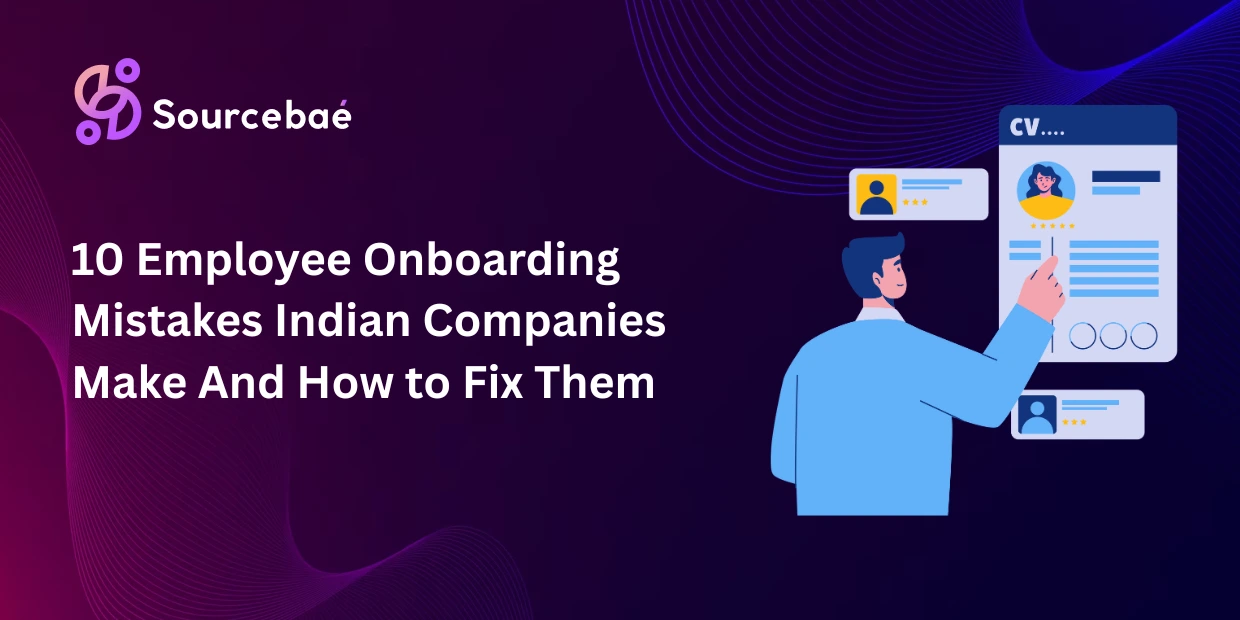In today’s rapidly evolving tech landscape, the demand for full stack software engineers is higher than ever before. These versatile professionals possess a comprehensive skill set, allowing them to work on both front-end and back-end development, making them invaluable assets to tech companies worldwide. If you’re intrigued by the idea of becoming a full stack software engineer and are ready to embrace a rewarding career in technology, you’ve come to the right place.
In this article, we’ll take you on a journey that answers the burning question, “How do I become a full stack software engineer?” We’ll provide you with a detailed roadmap, insights from experts in the field, and answers to frequently asked questions. So, let’s dive in and explore the exciting world of full stack software engineering.
How Do I Become a Full Stack Software Engineer?
Understanding the Basics
Before we delve into the specifics, let’s start with a foundational understanding of what it means to be a full stack software engineer.
Full stack software engineers are professionals who have expertise in both front-end and back-end development. They can create entire web applications, from designing the user interface to managing databases and servers. This versatility allows them to work on various aspects of a project, making them highly sought after in the tech industry.
Now, let’s break down the journey to becoming a full stack software engineer into manageable steps.
Building Your Roadmap
1. Master the Fundamentals
Before you embark on your full stack journey, ensure you have a solid foundation in programming fundamentals. Understanding concepts like data structures, algorithms, and basic coding principles is essential.
2. Choose Your Tech Stack
Selecting the right technology stack is crucial. Consider the programming languages, frameworks, and tools that align with your career goals and interests.
3. Learn Front-end Development
Start with front-end development, which involves creating the user interface and user experience. HTML, CSS, and JavaScript are your go-to languages here.
4. Dive into Back-end Development
Next, delve into back-end development, which focuses on server-side operations and databases. Popular back-end languages include Python, Ruby, and Node.js.
5. Explore Databases and Data Management
Gain proficiency in database management systems like MySQL, PostgreSQL, or MongoDB, as well as data modeling and database design.
6. Version Control Systems and Collaboration
Learn how to use version control systems like Git, which are essential for collaborating with other developers and managing code changes.
7. Understand Web Security
Familiarize yourself with web security practices to protect your applications from vulnerabilities and cyber threats.
8. Develop Problem-Solving Skills
Problem-solving is at the heart of software engineering. Practice solving coding challenges and puzzles to enhance your critical thinking skills.
9. Create Personal Projects
Apply your knowledge by building personal projects. These showcase your skills and provide practical experience.
10. Networking and Building a Portfolio
Network with fellow developers and start building an online portfolio to display your projects and achievements.
Frequently Asked Questions (FAQs)
Q: What qualifications do I need to become a full stack software engineer?
To become a full stack software engineer, you don’t necessarily need a specific degree. However, a bachelor’s degree in computer science or a related field can be advantageous. What’s more important is acquiring the necessary skills and practical experience.
Q: Can I become a full stack software engineer through self-study?
Yes, many successful full stack software engineers are self-taught. With dedication, online resources, and practice, you can acquire the skills required for this role.
Q: How long does it take to become a full stack software engineer?
The timeline varies depending on your starting point and the time you can dedicate to learning. Some individuals can transition in a year or less, while others may take several years. It’s a journey, not a race.
Q: Is it essential to specialize in front-end or back-end development?
While you should be proficient in both, some full stack engineers lean more toward either front-end or back-end, depending on their interests and career goals. Versatility is key, but specialization can also be valuable.
Q: What are the best online courses or bootcamps for aspiring full stack software engineers?
There are many excellent online courses and coding bootcamps available. Some popular choices include Codecademy, Coursera, Udemy, and General Assembly. Research and choose one that suits your learning style and goals.
Q: How can I stand out during job interviews for full stack positions?
To stand out during interviews, showcase your practical experience through a strong portfolio, be prepared to discuss your projects in detail, and demonstrate problem-solving skills. Additionally, stay updated with the latest industry trends.
Conclusion
Becoming a full stack software engineer is an exciting and rewarding journey. By following this comprehensive roadmap and continuously honing your skills, you can achieve success in this dynamic field. Remember, it’s not just about mastering technologies; it’s about embracing a mindset of lifelong learning and adaptability.
As you embark on your path to becoming a full stack software engineer, stay motivated, seek mentorship, and never stop exploring the ever-evolving world of technology. Your dedication and passion will undoubtedly lead you to a fulfilling career in this exciting field.
READ MORE: How do you write JavaScript code inside PHP?





